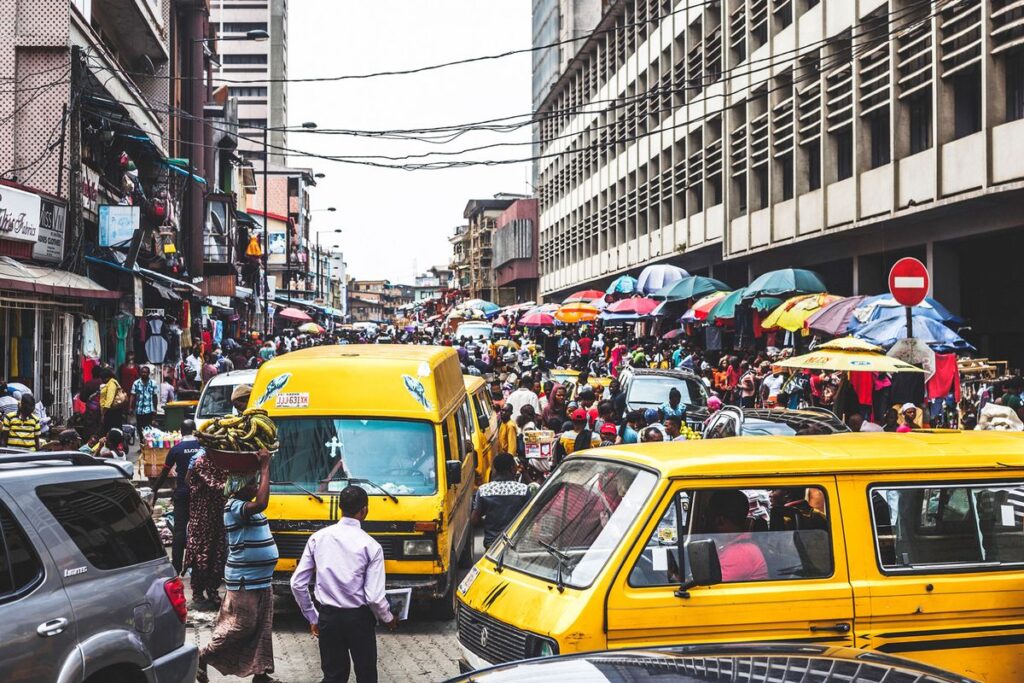10 markets in Nigeria whose busy December experience marketers should explore

Suppose you have planned a campaign this December, a product launch or activation, and have not added local markets to the mix. In that case, you may want to reconsider, knowing how busy markets will be during this festive period.
Markets will see people who have been home and citizens who have been abroad, and of course, the visitors. You are going to find people of different races, ages and interests. This is an opportunity to reach out to them where they shop and form a connection. The most exciting part is that you will always get many people listening to your message.
See also: 8 actors you can cast for your marketing campaign
See the 10 markets:
- Kurmi Market
- Balogun Market
- Araria International Market
- Wuse Market
- Bola-Ige International Market (Gbagi market)
- Main Market, Onitsha
- Oshodi Market
- Alaba International Market
- Zaki Biam Yam Market
- Oil Mill Market
Kurmi Market
Kano is a commercial centre indeed, such that people from Lagos travel all the way to buy clothing materials, leather, etc; from markets in Kano, and the Kurmi market is the largest of them. The Kurmi Market was founded by Muhammad Rumfa, the then King of Kano. It is the oldest market in Kano. Very large and without a guide you could easily get lost in it. When you go there, you will have a long line of small shops spread across the width and length of the market. It is positioned almost at the centre of Kano City, slightly away from Emir’s Palace and the Kano Central mosque.
Balogun Market
Balogun Ajeniya Market is located on Lagos Island and is famous beyond the shores of Nigeria. The market has no particular address because it sprawls across so many streets on the island. Balogun market is recognised as the best place to buy fabrics, shoes and all sorts of wares. It has visitors from around Lagos, across many states and neighbouring countries. Balogun is so big that anyone could get lost in a frenzy, but people go back because they usually find what they go there to do.
Araria International Market
The Ariaria International Market is an open-air market located in Aba, Abia. The market is one of the largest markets in West Africa and nicknamed “China of Africa” because of its versatility in making wears and leather works. Ariaria International Market was established in 1976 following a fire outbreak that destroyed the old Ekeoha Market in Aba. It is one of the largest leather shoe-making markets in West Africa, with an estimated two million traders. For more than two decades, the market has serviced clients home and abroad. And, manufacturers in the market boast that their clientele base extends beyond the shores of Africa.
Wuse Market
The Wuse Market is reputable for servicing residents of Abuja, visitors and surrounding states. It is located in Zone 5 of the Wuse district. It is a general market where you can find almost anything; foodstuff, fresh vegetables, meat, clothes, electronics, furniture, phones, rugs and carpets etc. The prices at the market are lower when compared to prices in malls and stores. The market is organised and generally clean. This market always sees a busy influx of traders and consumers, and you should leverage this.
Bola-Ige International Market (Gbagi market)
The Gbagi Market is one of the biggest markets in Nigeria, located on the Ibadan-Ife Express road, a mile away from Ibadan International Airport. It is about a kilometre from the Lagos–Ibadan Express road; this gives it easy accessibility. It is widely considered to be the first international market in Nigeria. Over 1 million people do various businesses in Gbagi Market and is a market famous for all sorts of fabrics, shoes, bags, jewellery, etc.
Main Market, Onitsha
Residents of Anambra, Enugu, Imo, Abia probably have a story from the Onitsha Main Market. Visitors too, may have their own stories. Main Market, Onitsha, is one of the largest markets in West Africa based on geographical size and volume of goods. It is located in Onitsha, the commercial capital of Anambra. Most of the significant import merchants from Eastern Nigeria have their head offices within the market. The market can rightfully be described as the commercial powerhouse of West Africa. It is patronised by merchants in the ECOWAS sub-region, including Accra, Abidjan, Douala, Niamey and Cotonou and elsewhere on the continent, etc.
Oshodi Market
One reason consumers go back to the Oshodi Market is the variety, like every other big market, and the wholesale prices they get. Oshodi Market is located in Oshodi, a suburb of Lagos. It is one of the largest markets in the Lagos metropolis and continues to see an influx of merchants from within Lagos and beyond. It is close to the most extensive bus interchange in the state, and its dynamic nature helps us tell our story better.
Alaba International Market
The Alaba international market is an electronics market located in Ojo, Lagos. It is the largest electronics market in Nigeria. Apart from selling electronic products, the market also deals in repairing home appliances. The market and its wide range of business activities give opportunities to electronics and electrical engineers. The market is open daily except on Sundays and public holidays. These daily business transactions and popularity have attracted new investors and electronics dealers across Africa, expanding the market size and population.
Zaki Biam Yam Market
The largest yam market in the world is found in Zaki Biam, a small town in Benue. A massive chunk of the 2 million tubers of yam sold weekly in Benue are transported through this market located in the bustling, nostalgic town of Zaki Biam in Ukum local government area. Between 120 and 200 truckloads of yams depart from this market daily. The yams come from various farmlands around Zaki Biam and Ukum and neighbouring Katsina-Ala Local Government.
Oil Mill Market
The Oil Mill Market, otherwise known as Wednesday (or midweek) market, came into existence soon after the Nigerian/Biafra War. Historically, the present-day Oil Mill Market sprang up as Nnempi Market, whose major commodity was cassava (Akpakpuru) which came in both tuber and fermented forms because of the abundance of water in Mini Chid River. The market has now been expanded.

